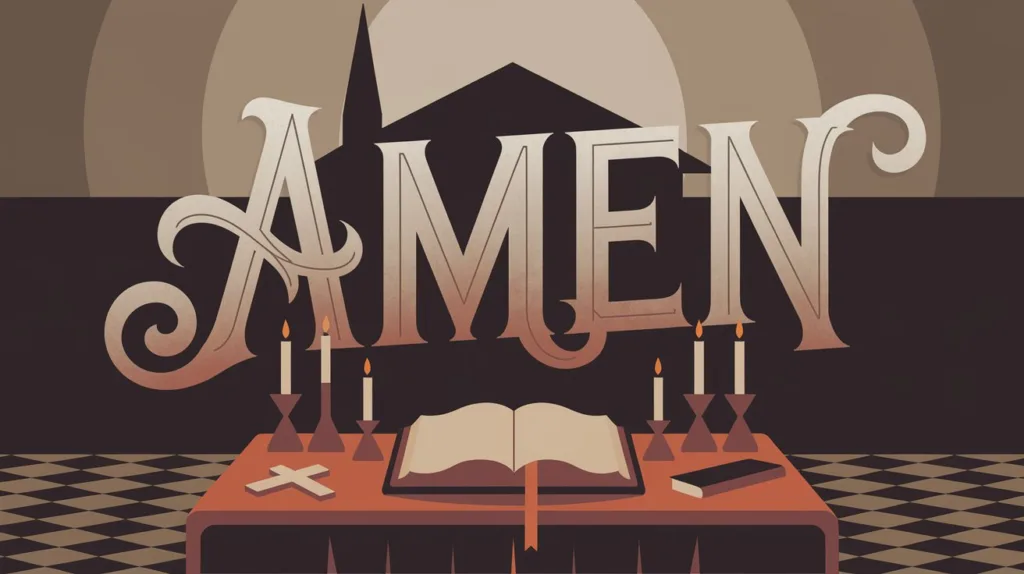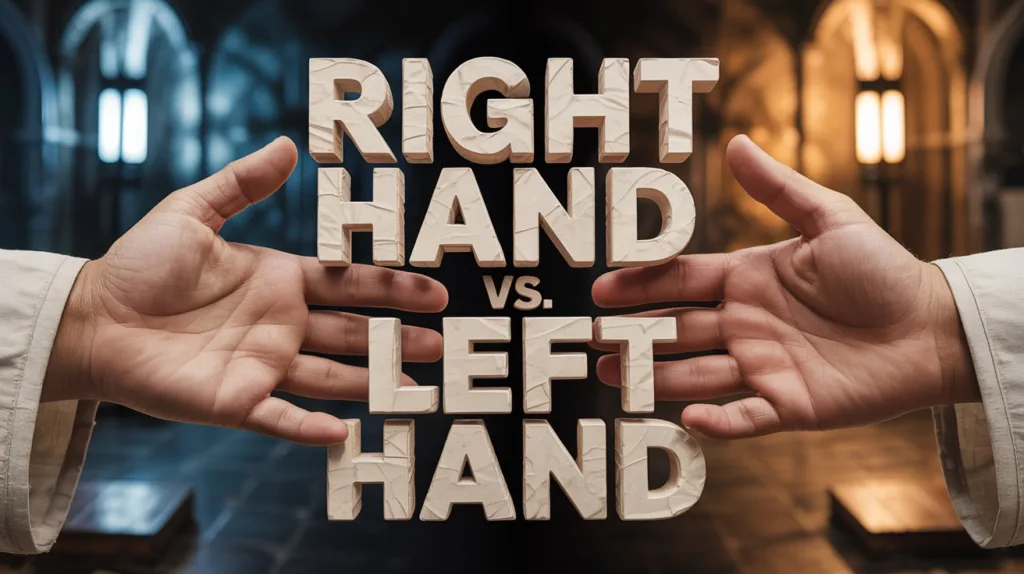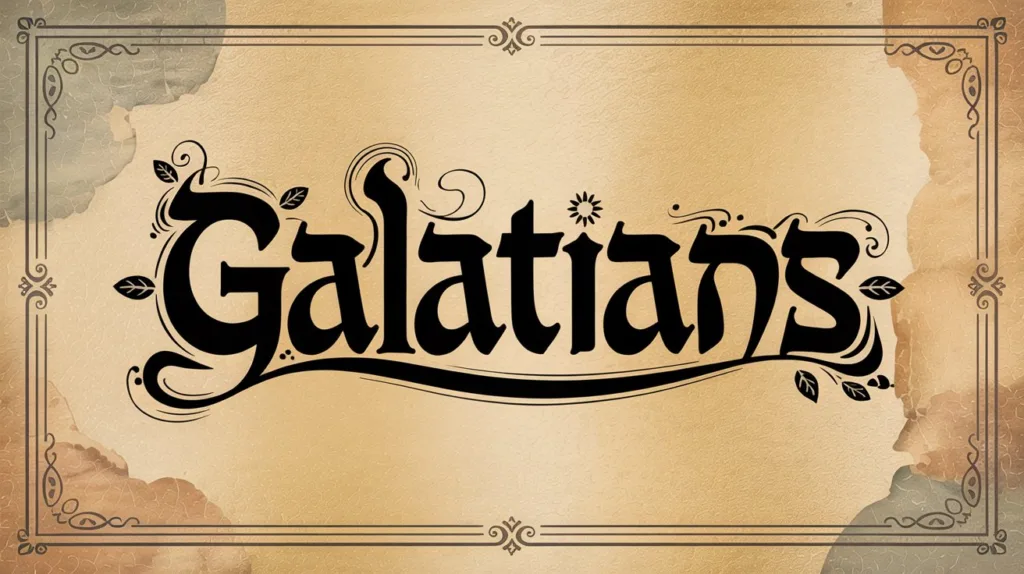Jephthah is introduced in Judges 11 as a mighty man of valor from Gilead. He was the son of a harlot, and though his father was Gilead, his half-brothers drove him out, saying, “You shall have no inheritance in our father’s house” (Judges 11:2). Jephthah fled and lived in the land of Tob, where he gathered a group of followers.
When the Ammonites made war against Israel, the elders of Gilead sought Jephthah’s help, recognizing his military strength. Jephthah agreed to lead them, and they made him head and commander. Before going to battle, Jephthah sent messengers to reason with the king of Ammon, recounting Israel’s peaceful passage and historical right to the land (Judges 11:14–27). The king refused, and war ensued.
Before battle, Jephthah made a vow to the Lord: “If You will indeed deliver the people of Ammon into my hands, then it will be that whatever comes out of the doors of my house… shall surely be the Lord’s, and I will offer it up as a burnt offering” (Judges 11:30–31). The Lord gave him victory, but when Jephthah returned, his daughter—his only child—came out to greet him.
Jephthah was devastated but kept his vow after his daughter willingly accepted the outcome. Judges 11:39 says, “He carried out his vow with her which he had vowed.” The text is debated regarding whether she was sacrificed or devoted to lifelong service without marriage, but the gravity of the vow and the consequences are clear.
Jephthah judged Israel for six years. He is mentioned in Hebrews 11:32 among the faithful who “through faith subdued kingdoms… became valiant in battle” (Hebrews 11:33–34).
Jephthah’s life illustrates God’s ability to use the rejected and unlikely for His purposes. His leadership and faith brought victory, but his rash vow warns against speaking thoughtlessly before the Lord. His account emphasizes faith, courage, and the serious nature of promises made to God.





 Get the book that teaches you how to evangelize and disarm doctrines from every single major cult group today.
Get the book that teaches you how to evangelize and disarm doctrines from every single major cult group today.